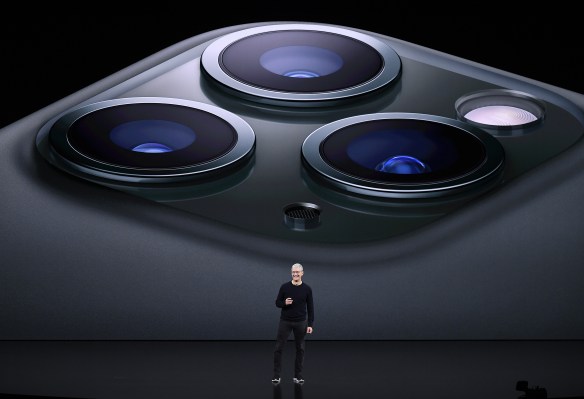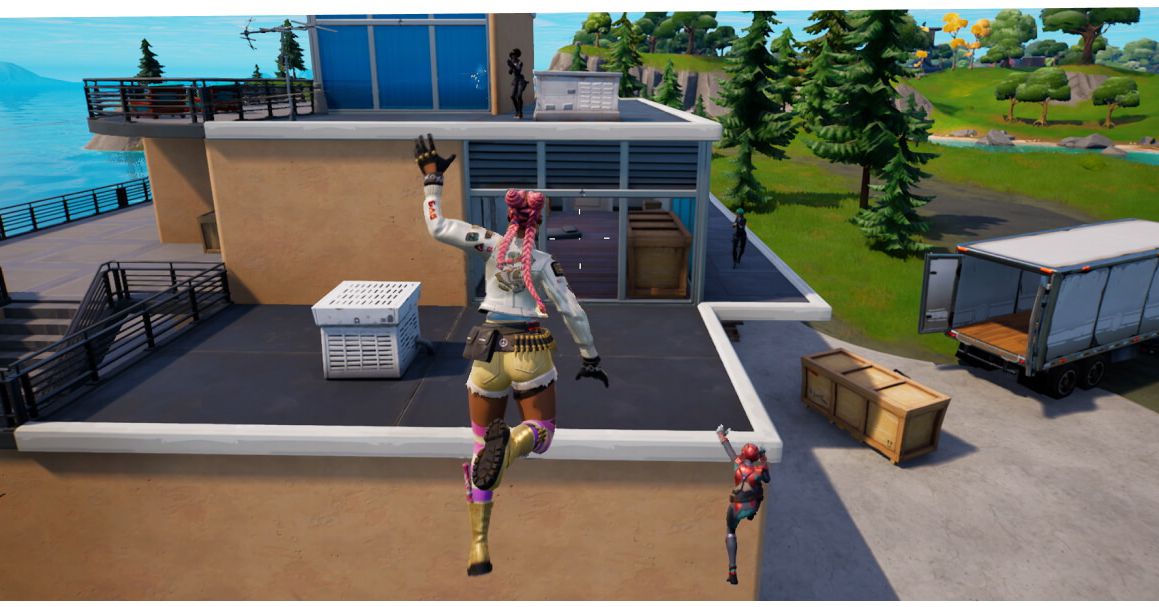NZXT dismisses PC rental allegations as ‘misconceptions’ while promising changes
After Gamers Nexus investigation, the company CEO acknowledged that NZXT "messed up" its Flex rental service.

 Kunal Khullar / Digital Trends
Kunal Khullar / Digital Trends
NZXT founder and CEO Johnny Hou has publicly addressed growing criticism of the company’s Flex gaming PC rental program, which faced intense scrutiny after YouTube channel Gamers Nexus exposed significant flaws in its pricing and terms. In a detailed video, Gamers Nexus described the program as exploitative, pointing out that its long-term costs far outweighed the hardware’s value, leaving customers locked into a financial commitment with minimal ownership options.
“I want to acknowledge that we messed up,” Hou said in a video published by the company. He also promised to address customer concerns and improve the program but offered few specifics on what changes would be implemented.
Hou argued that certain points raised by Gamers Nexus were misconceptions. He clarifies about a confusion due to overlapping names with prebuilt PCs, such as Player 3 Flex. To resolve this, NZXT will rename the subscription offering to clearly distinguish it from prebuilt systems. Additionally, some advertising campaigns inaccurately portrayed the program as an ownership model rather than a rental service. These campaigns have also been removed, with a commitment to accurate future representations.
Concerns about subscription price increases were clarified, noting that changes occurred only due to state-mandated taxes, with prior notice to subscribers and the option to cancel if dissatisfied. Subscribers also raised issues regarding hardware specification variability, which NZXT explained as a consequence of supply chain challenges; the program guarantees compatibility and offers upgrades every two years rather than fixed specs.
Lastly, in response to data privacy concerns, NZXT assured customers that all returned PCs are thoroughly wiped, and updated its legal policies to prohibit the sale of customer data.
While NZXT has a reputation for quality prebuilt gaming PCs, the controversy around the rental program has damaged consumer trust, raising questions about ethical practices in rental-based hardware models. Critics are urging the company to revise its pricing, improve transparency, and prioritize customer value to restore its standing.
The fallout from the Flex program highlights the importance of consumer advocacy in the gaming industry. NZXT’s next steps will be crucial in determining whether the company can rebuild its reputation and deliver a program that aligns with its promise of making PC gaming accessible.
Kunal Khullar is a computing writer at Digital Trends who contributes to various topics, including CPUs, GPUs, monitors, and…
Microsoft won’t back down on Windows 11’s biggest hurdle
Microsoft has reaffirmed that it will not lower the minimum hardware requirements for Windows 11, solidifying the need for a Trusted Platform Module (TPM) 2.0 and a compatible CPU. This decision leaves many older PCs ineligible for the upgrade. Microsoft emphasizes that these standards are vital for improved security and performance.
As per a recent blog post titled “TPM 2.0 – a necessity for a secure and future-proof Windows 11,” Microsoft reaffirmed its decision not to relax Windows 11’s strict hardware requirements. TPM 2.0 is a hardware-based security feature that protects sensitive data and ensures secure boot processes. Microsoft argues that such measures are nonnegotiable as the company continues to address rising cybersecurity threats. The minimum requirements include a list of approved CPUs, starting from AMD Ryzen 2000 and Intel 8th Gen processors, that offer advanced security features and better performance efficiency.
The Mac mini may finally have some real competition
A post on the Chinese social media site Weibo has revealed an upcoming mini PC from Geekom -- and it's powered by the Qualcomm Snapdragon X Elite. Since Qualcomm scrapped its own plans for a similar product, this will be the first-ever X Elite-powered mini PC to hit the market.
The product itself looks just like the M4 Mac mini -- except for the power button, which is very sensibly located on the front of the PC. From the leaked image, we can also see a headphone jack and what appears to be two USB-A ports, along with some kind of card reader on the side of the machine. We only have one image right now, however, and we can't see what ports it has on the back. The casing looks to have the same aluminum-style finish as the Mac mini as well as the same rounded corners.
Amazon unveils its new family of Nova foundational models
Amazon CEO Andy Jassy took to the stage at the company's re:Invent conference on Tuesday to show off six new text, image, and video generation models that it calls Amazon Nova.
This new family of multimodal generative AIs includes Nova Micro, a text-only model built for low-cost, low-latency responses; Nova Lite, a low-cost multimodal model for processing image, video, and text inputs; and Nova Pro, its general purpose multimodal model that combines "accuracy, speed, and cost for a wide range of tasks," per the company's announcement post. Nova Premier is Amazon's "most capable ... multimodal models for complex reasoning tasks," while Nova Canvas is a dedicated text-to-image engine and Nova Reel is purpose-built to generate video.

 Hollif
Hollif 


































